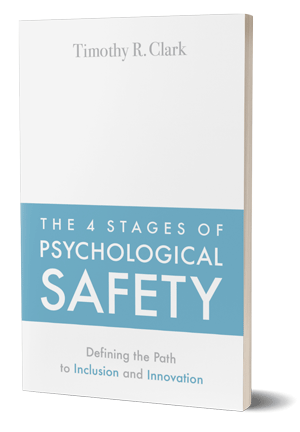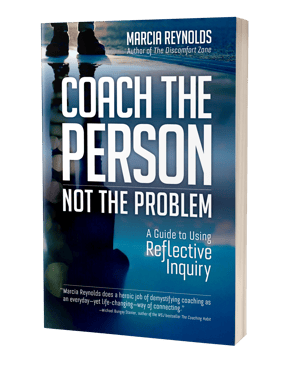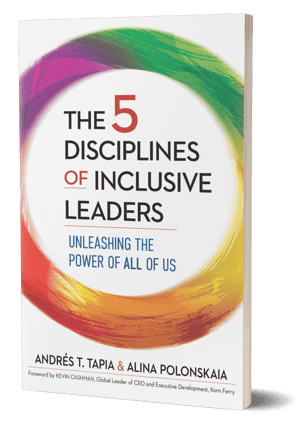
Today’s workplace is a fast-paced world that is slowly becoming more accessible to people at all intersections of identity. Good leaders know to lead from the heart if their workplace is going to be successful — we have to focus on what’s good for the people, not just what’s good for the bottom line. An intersectional leader, one who understands the complex ways that inequalities exist at all junctions of the human experience, is a leader who is ready to guide the workforce of tomorrow.

This is the first practical handbook that helps individuals and organizations recognize and prevent micro-aggressions so that all employees can feel a sense of belonging.
Our workplaces and society are growing more diverse, but are we supporting inclusive cultures? While overt racism, sexism, ableism, and other forms of discrimination are relatively easy to spot, we cannot neglect the subtler everyday actions that normalize exclusion.

Perhaps the leader's most challenging task is to increase intellectual friction while decreasing social friction. When this doesn't happen and it becomes emotionally expensive to say what you truly think and feel, that lack of psychological safety triggers the self-censoring instinct, shuts down learning, and blocks collaboration and creativity. Timothy R. Clark, a former CEO, Oxford-trained social scientist, and organizational consultant, provides a research-based framework to help leaders transform their organizations into sanctuaries of inclusion and incubators of innovation.

This book offers five essential practices of reflective inquiry: focus on the person, not the problem; summarize what is heard and expressed; identify underlying beliefs and assumptions; unwrap the desired outcome; and articulate insights and commitments. Using these practices, combined with a respectful and caring presence, helps create a space where clients feel safe, seen, and valued for who they are. Coaches become change agents who actively recharge the human spirit. And clients naturally dive deeper and develop personalized solutions that may surprise even the coach.

According to the journal Human Resource Management, companies are spending over $8 billion a year on diversity programs. Yet today, the senior leadership teams at Fortune 500 companies are far from mirroring the diversity of its workforce and its customers. Andrés Tapia and Alina Polonskaia, senior leaders at Korn Ferry, argue that to build sustainable diversity and inclusion, organizations need to have inclusive leaders at all levels.
Copyright 2026. All Rights Reserved